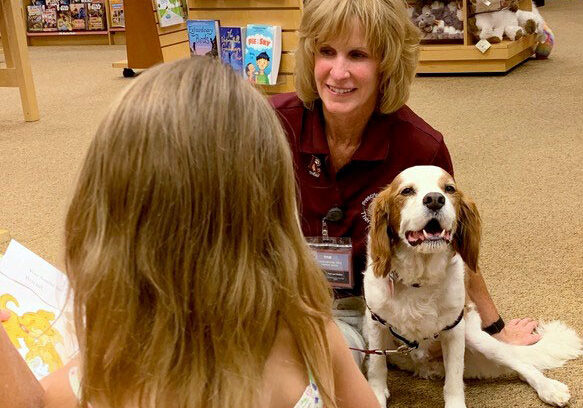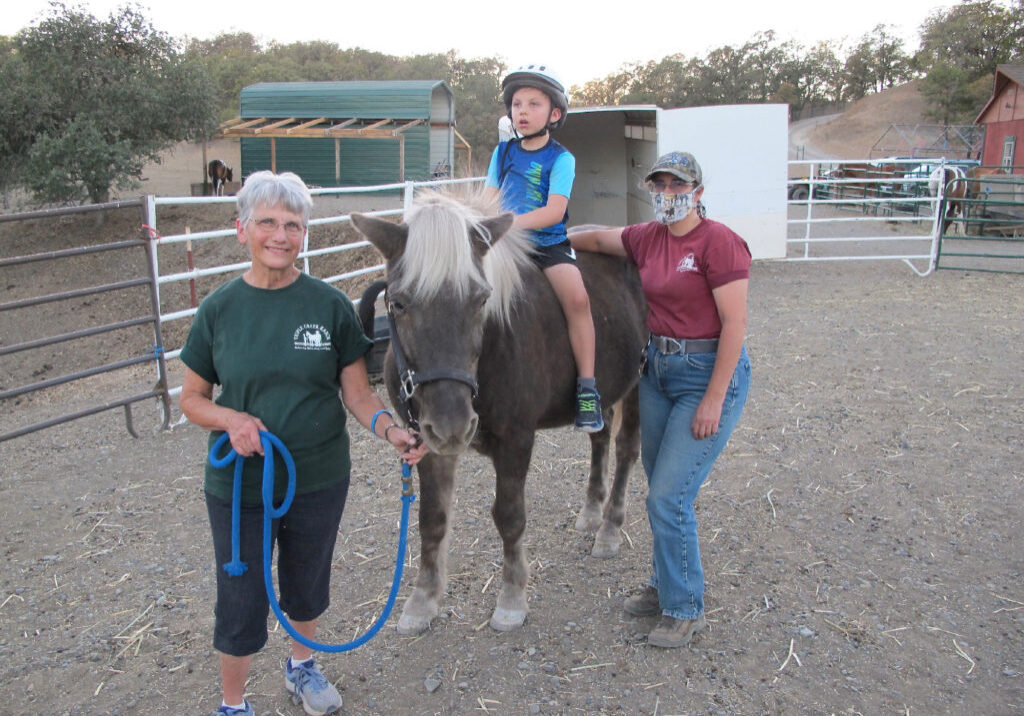Teenager Isabelle Madfis lights up when she talks about her passion for American Girl dolls. She knows the backstories of most of the dolls and serves as an expert-in-residence at Girl AGain, an American Girl boutique store in White Plains, NY. Plus, she loves to style their hair and coordinate different outfits.
What makes Isabelle — and Girl AGain — unique? Isabelle is on the autism spectrum and her workplace serves as a “training lab” run by the nonprofit Yes She Can (YesSheCanInc.org) After retiring from a 30-year career in corporate marketing, Marjorie Madfis, Isabelle’s mother, launched Yes She Can to help young women 17 and older with autism spectrum disorders (ASD) develop transferable job skills. The goal? To equip them so they can join the competitive workforce.
“We’re in the job skills development business”
With an estimated 80% of adults with ASD unemployed or underemployed, Marjorie wanted to paint a brighter future for Isabelle and other young women just like her. The nonprofit’s first program is Girl AGain, which sells gently loved American Girl dolls, accessories, and books.
Tapping into Isabelle’s American Girls fandom, Marjorie created this business concept to marry her daughter’s passion for this brand with the market demand for the resale of American Girl merchandise. “We sell dolls, but we’re not in the doll business — we are in the job skills development business,” their website proudly proclaims.
Girl AGain serves as a first-of-a-kind incubator and laboratory where these young women with ASD get nurtured at work without the pressure of a for-profit business.
Young women on the autism spectrum want the things we all want.
“My autism makes some things difficult for me, like tolerating noisy places, understanding what people mean, being flexible, and managing my anxiety,” Isabelle shares in a video on the Yes She Can website. When it comes to other young women just like her, Isabelle points out, “We want to have a job, we want to earn money, we want to become more independent, we want to become more accepted, and we want to be included.” Isabelle, it turns out, wants the same things we all want.
The trainees learn functional business skills, such as stocking inventory, using the cash register, and helping with the website, and workplace social skills, such as communication and teamwork. This provides a dual benefit, as it improves the trainees’ skills and it fosters positive interactions with customers of all ages. For example, whether customers shop in store or by phone, they engage with the trainees who assist with purchase decisions, process transactions, and communicate by email and phone to provide customer service.
“Customers are children and adults who are now exposed, often for the first time, to people with autism and developmental disabilities performing effectively to satisfy customer needs,” notes Marjorie.
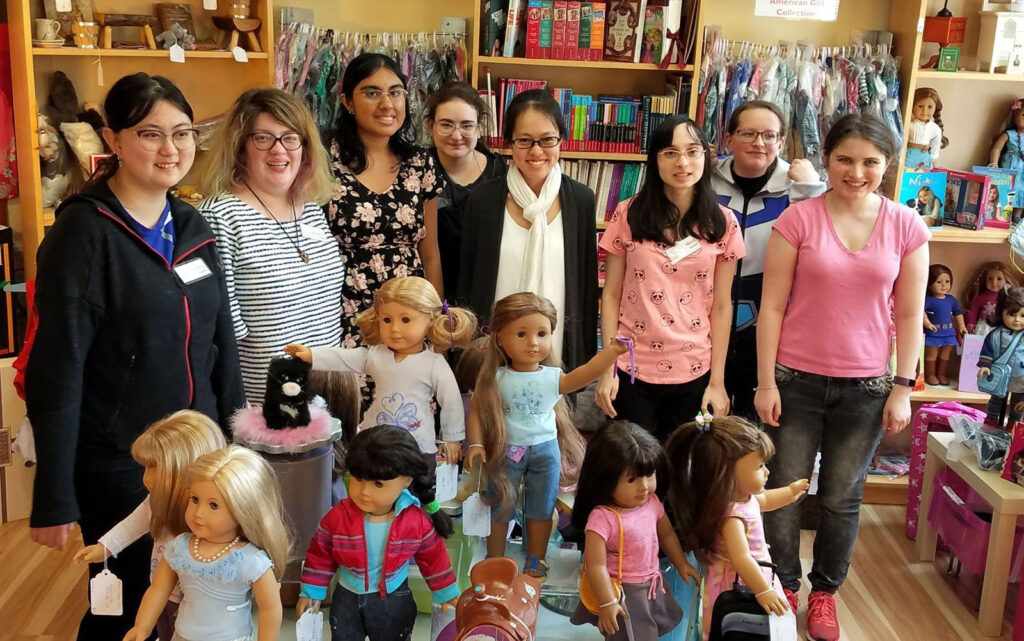
Workplace coaches provide practical training
So, who helps whip these trainees into shape? A team of workplace “coaches” provide the practical training needed to succeed in the real world. The coaching team includes both paid and volunteer specialists, including speech pathologists, licensed clinical social workers, and psychologists. In addition to teaching the women about inventory levels, pricing, and product presentation, the coaches also help the trainees manage their behavior and social challenges and regulate their emotions. Together, the team has provided more than 4,000 hours of direct coaching since the program began.
In addition, peer models work side-by-side with the trainees, providing an inclusive, collaborative approach to this real-world training.
Since launching the program, Yes She Can has served 44 young women providing them with more than 10,000 hours of workplace-ready training.
Although Yes She Can does not provide job development or job placement, to date, more than one dozen trainees have gone on to employment with other businesses after “graduating” from the program. The young women either work with community agencies to secure employment or find jobs independently.
Girl AGain benefits the entire community
While Girl AGain directly benefits the trainees, the program also enlightens the community, businesses, customers, and employees to be more respectful, accommodating, and inclusive of people with autism in the workforce.
On Saturdays, for instance, children come for workshops where the trainees interact with the girls to help them complete their craft or doll project. Other times, Girl Scout troops come for a session to learn about autism and then participate in a hands-on activity. Girl AGain also shares trainee stories to its 5000+ Facebook fans and 2000+ Instagram followers.
“In all cases we’re exposing neuro-typical people to the capabilities of people with autism,” Marjorie says. “We are educating them, and we are asking them to share their experiences with others.” But changing minds and hearts is a slow process, she admits. “Businesses will follow the lead of customers. If customers are comfortable interacting with people with disabilities, then businesses are more inclined to hire people with disabilities.”
Hoping to expand the program for other organizations
Currently, Girl AGain is only available in White Plains, but Marjorie hopes to expand elsewhere if the nonprofit can secure additional funding. “Our goal is to replicate our program so that it can be implemented in other locations across the country,” says Marjorie. “We’re seeking funding to help us package our curriculum and processes into a published tool and then license this for use by other organizations that have the staff and the candidates for the program.” This could open up program replication in other resale product categories beyond the American Girl brand.
Now, back to Isabelle. For years, she had set her sights on “doll hairdresser” at the American Girl store in New York City. Thanks to Yes She Can, Isabelle is living her dream.
Posted in: Special Needs
Comment Policy: All viewpoints are welcome, but comments should remain relevant. Personal attacks, profanity, and aggressive behavior are not allowed. No spam, advertising, or promoting of products/services. Please, only use your real name and limit the amount of links submitted in your comment.
You Might Also Like...
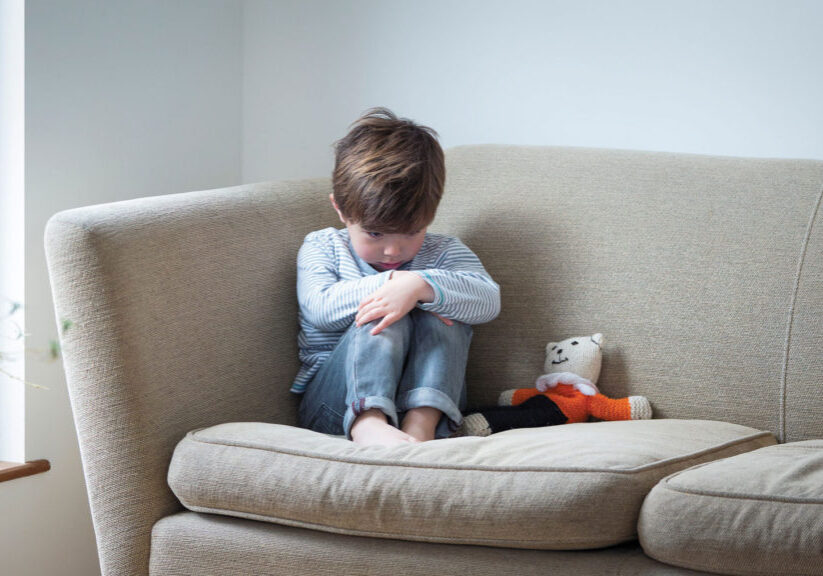
Sensory Processing Disorder – Working Through the Struggles
“Imagine being in an environment where the noise around you is amplified to the highest level, the temperature is the coldest or hottest you have ever felt, you are wearing […]
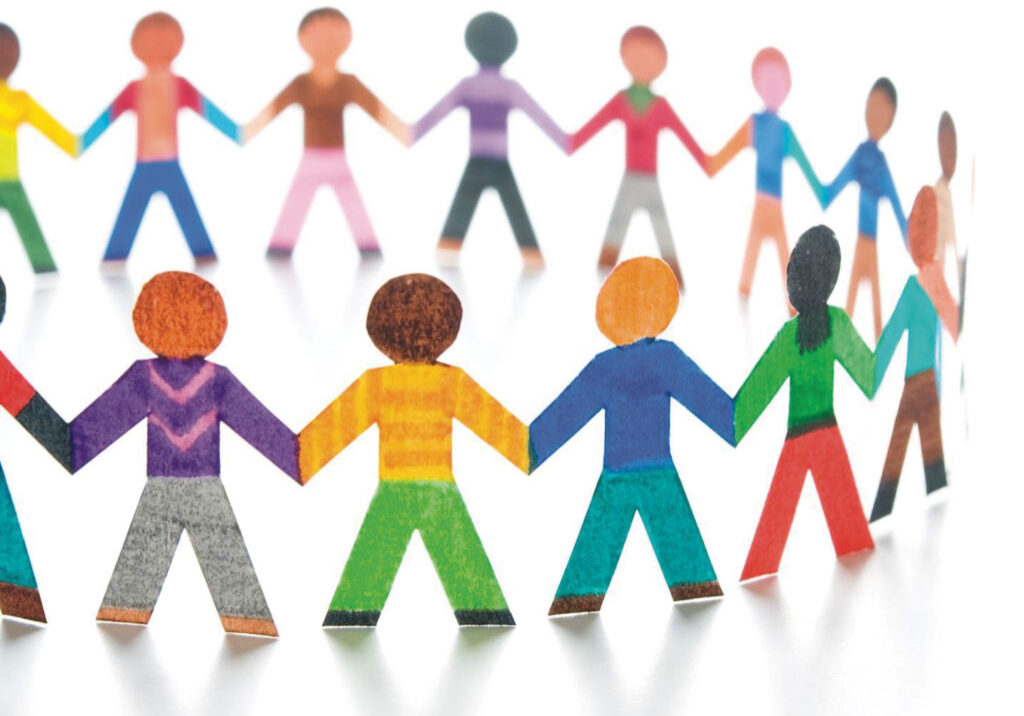
Raising Your Kids in a Disability-Positive Environment
We live in a beautifully diverse world where our children will encounter people of all cultures, races, family structures, and abilities. Teaching them about inclusion early on is crucial, and […]

Everybody Is A Genius
“Everybody is a genius. But if you judge a fish by its ability to climb a tree, it will live its whole life believing that it is stupid.” ~ Albert […]

What’s In A Name? Asperger’s Syndrome, Redefined
A new label for Asperger’s syndrome may help children get needed treatment. But early intervention is still vital. Keagan Peterson’s first birthday party was a happy occasion, with cake, balloons […]


